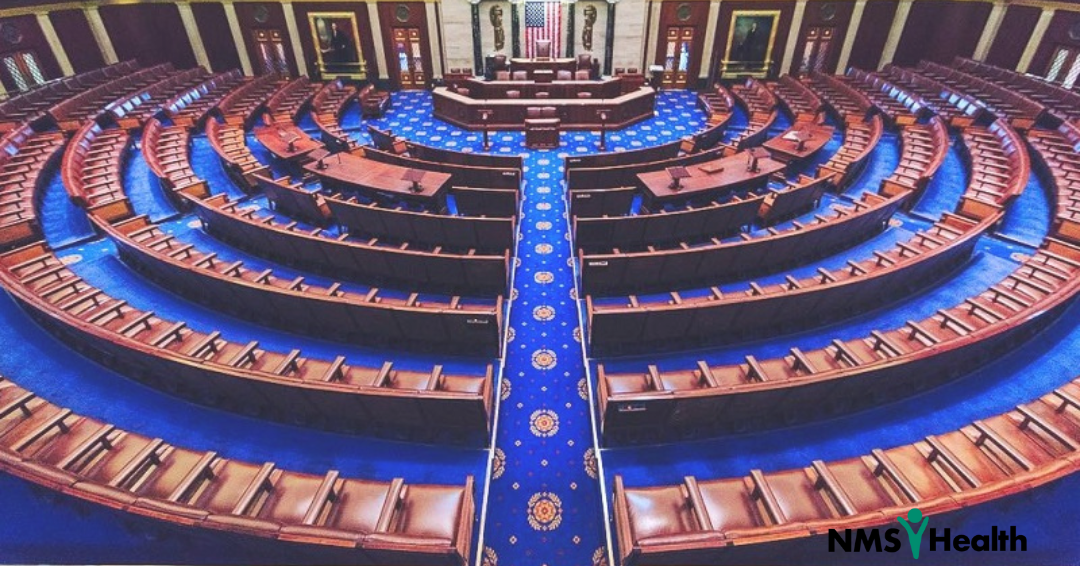The United States government continues their prioritization of mental health as the country faces a worsening mental health crisis. On September 29th the House passed legislation that would establish a NIOSH research program focused on worker mental health.
The Mental Health Matters Act (H.R. 7780) is sponsored by representative Mark DeSaulnier and three cosponsors. It requires certain federal actions to increase access to mental and behavioral healthcare. Mental health stressors such as the COVID-19 pandemic, workplace violence, and increases in shift length would be the focus of the occupational research program.
Additionally, the bill would also enforce two existing laws- the Employee Retirement Income Security Act of 1974 (ERISA) and the Mental Health Parity and Addition Equity Act of 2008 (MHPAEA). These laws require that employer sponsored healthcare plans provide benefits for mental health and substance abuse disorder services on par with traditional medical services. The bill also proposes to amend ERISA and empower the Department of Labor to impose monetary fines for mental health parity violations.
“Unfortunately, workers and families continue to face barriers – from forced arbitration to inadequate enforcement – to holding retirement and benefit plan sponsors accountable for parity in access to behavioral health benefits,” a fact sheet from the House Education and Labor Committee states. “In a recent report to Congress, the departments of Labor, Health and Human Services, and the Treasury found widespread violations of the MHPAEA by group health plans and insurers who are failing to maintain parity between mental health benefits and physical health benefits.”
The bill also seeks to provide more resources to schools for both students and teachers. Initiatives include developmental training, increased employment of mental health professionals, and increased transparency at the university level for students requesting mental health services.
The Mental Health Matters Act was approved in the house by a 220-205 margin. It was passed on and received by the Senate on October 11th. If the act is passed in the Senate, plans will have one year from the date of enactment to ensure that they comply. The bill’s approval is in a precarious situation as the November midterm elections loom.


